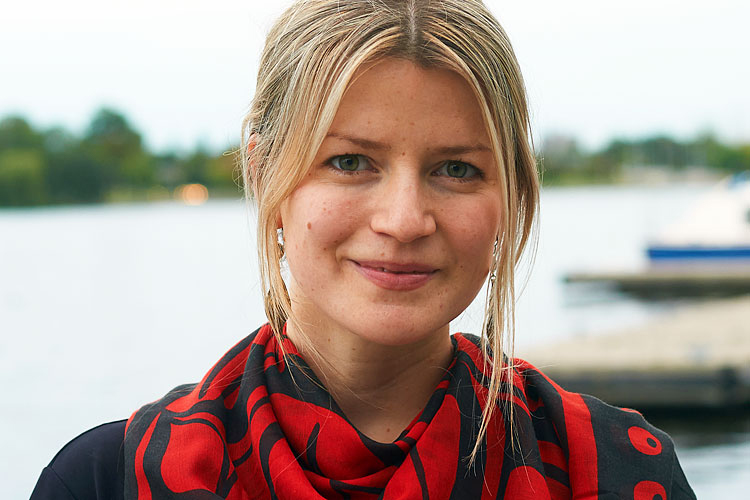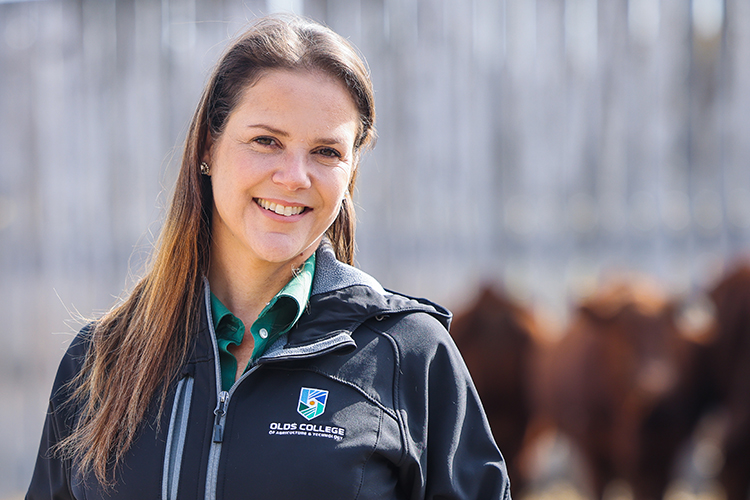Ottawa student brings eco-science camp to Nisga’a community
 Andrea Reid
Andrea ReidPhoto credit: Alex Sarna
In August 2018, Carleton University ecologist Andrea Reid traveled from Ottawa to her ancestral homeland of Gingolx, British Columbia, to host her second Salmon Science Camp for Nisga’a youth in the community.
Over three days, Reid and Parks Canada Heritage presenter John-Francis Lane led Nisga’a students aged 7-17 through activities that explored the wilderness and wildlife in and around their coastal community at the bottom of the Alaska Panhandle. Campers spotted humpback whales and learned about ocean ecology during a day-long excursion on a whale-watching charter. They identified plants and animals in the wild during a game of “Biodiversity Bingo”, and on their last day learned about birds and insects during a group hike up a lookout trail.
“Students in many remote communities in Canada have extremely limited access to science programming outside the classroom,” says Reid. “Gingolx is no exception as it is far removed. It only became accessible by road in 2003.”
Reid received funding for her eco-science day camp through NSERC’s Aboriginal Ambassadors in the Natural Sciences and Engineering (AANSE) award, with additional support from the Gingolx Village Government’s Education Department. NSERC’s AANSE awards provide up to $5,000 toward the costs of a visit by an Indigenous student or fellow to Canada’s Indigenous communities and schools to perform science outreach activities.
“For both of my AANSE awards, working through the application and granting process has been straightforward and quick. I believe activities like this are needed because I keep getting invited back by the community!” says Reid.
Indigenous students who wish to apply for an award can learn more on the Aboriginal Ambassadors in the Natural Sciences and Engineering Award page.
Up next

Advancing Reproductive Efficiency & Stress Management in Beef Heifers
The primary goal of a cow-calf operation is to produce one calf per cow per year. However, the journey to achieving this reproductive success is fraught with challenges influenced by a variety of factors, including genetics, nutritional status, and stress, each playing a crucial role in the performance of heifers.